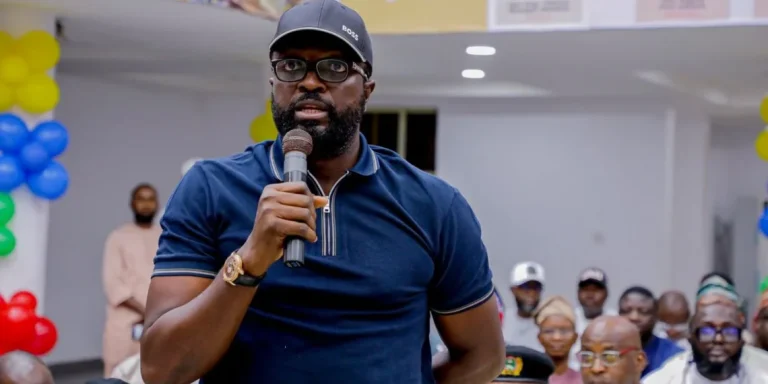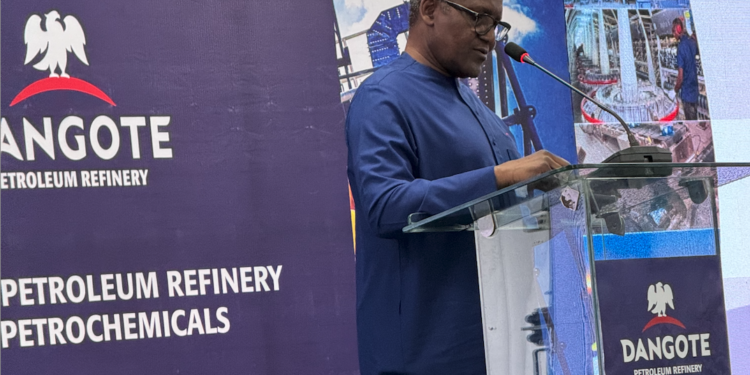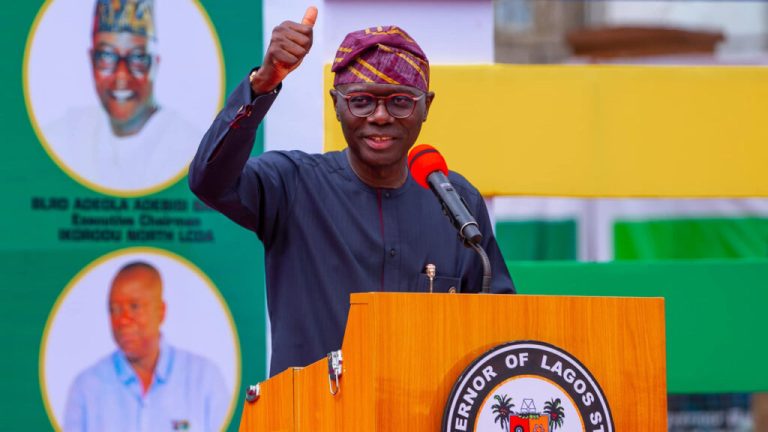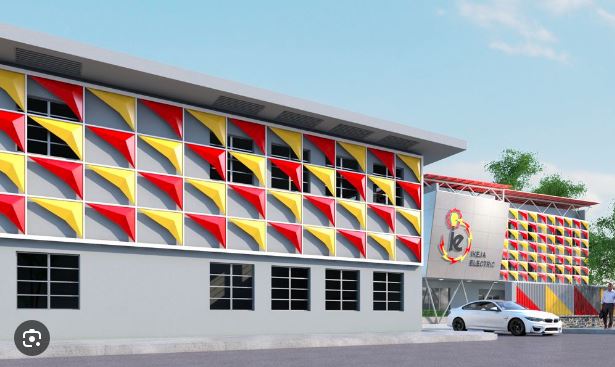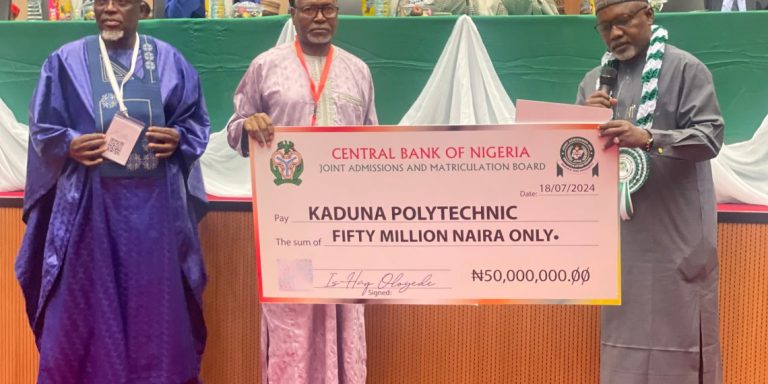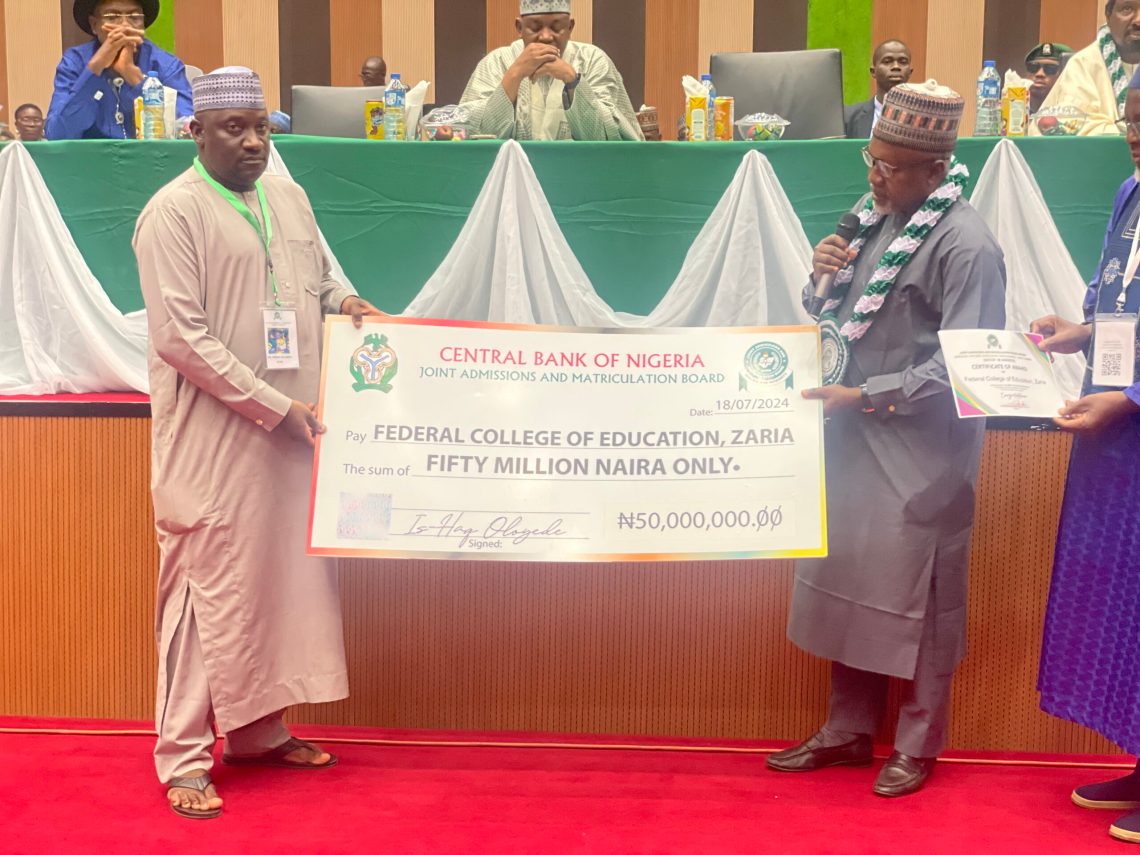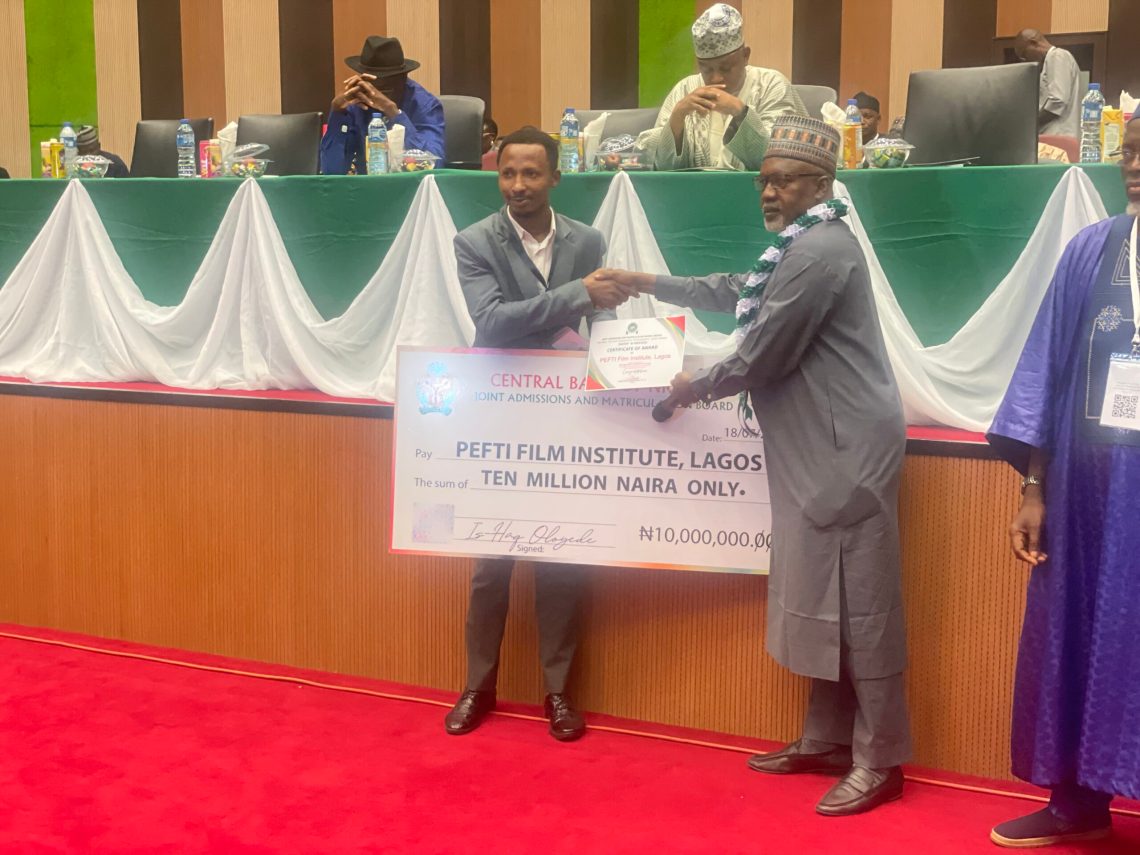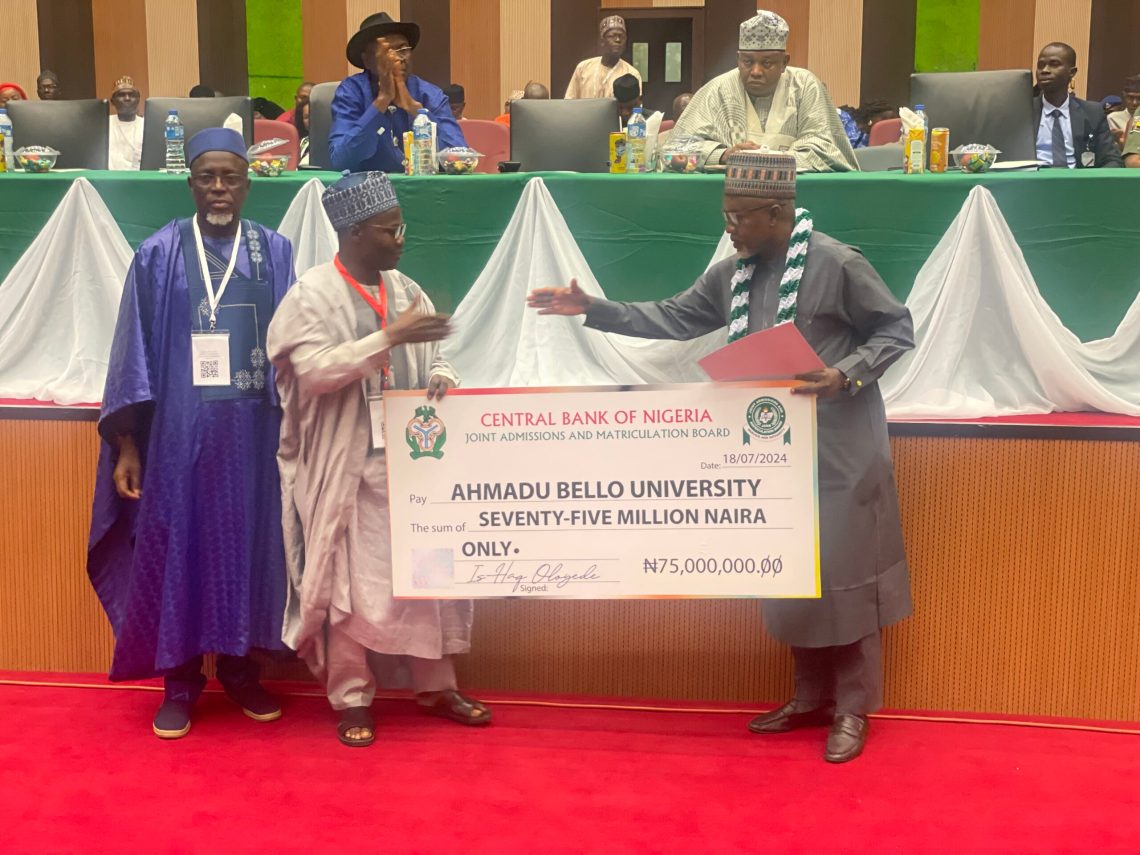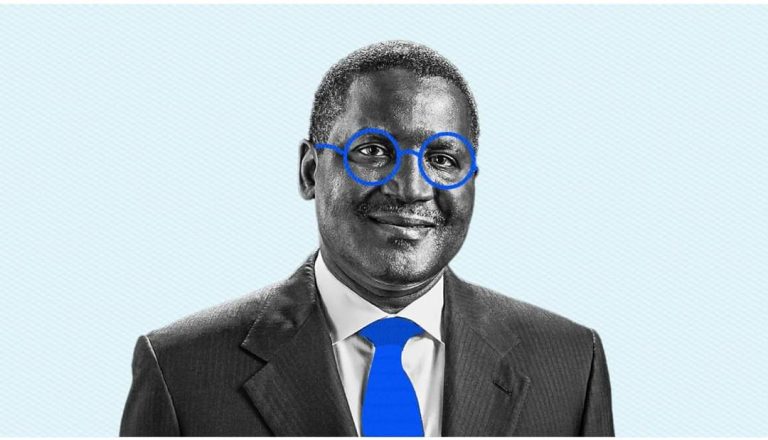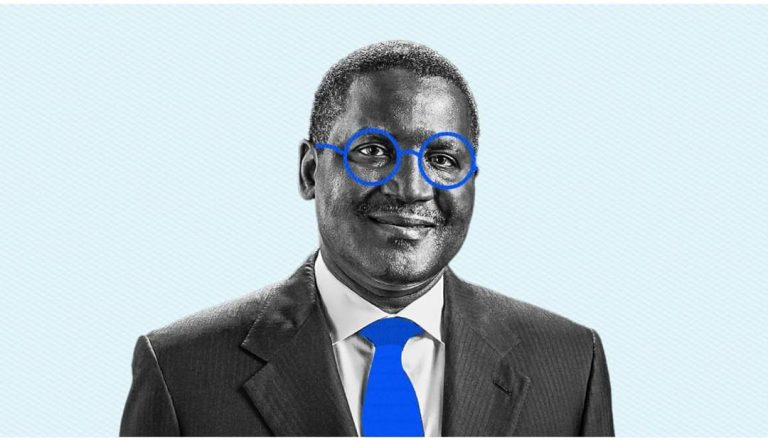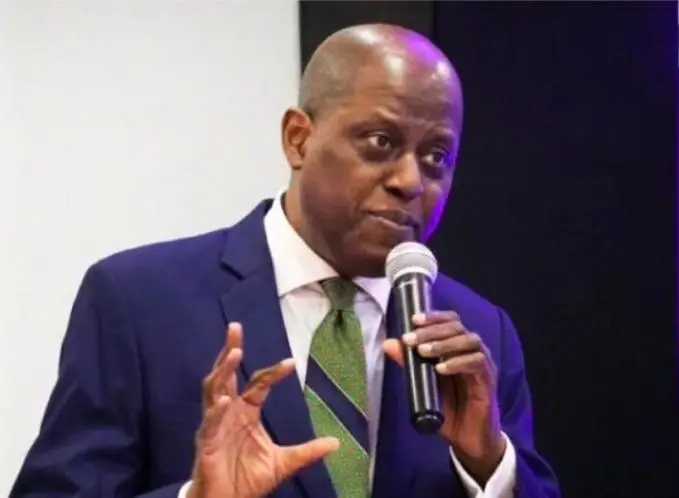Some local refinery operators have lamented that the announcement made by the Nigerian Midstream and Downstream Petroleum Regulatory Authority, stating that the Federal Government would continue to import fuel, shows that the government had taken sides against local refineries.
The operators, under the aegis of the Crude Oil Refiners Association of Nigeria, expressed worry over the recent widely circulated interview of the Chief Executive Officer of NMDPRA, Ahmed Farouk, who was quoted as having described locally produced diesel as ‘inferior’ to imported ones.
It was also reported on Friday that the Federal Government, through the NMDPRA, declared that the importation of refined petroleum products into Nigeria was going to continue alongside the production of commodities by the Dangote Petroleum Refinery to prevent monopoly and ensure energy security.
The government had also warned against being over-dependent on the $20bn refinery located in the Lekki Free Zone in Lagos, stressing that the demand by the refinery that all oil marketers should buy products from the plant does not support competition.
Farouk, who had disclosed this in an interview with journalists in Port Harcourt, the Rivers State capital, was said to have stated that the diesel produced by some local refineries was inferior to the ones imported into Nigeria, a development that perturbed local refiners.
Reacting to the position of the regulator, through their umbrella body, the indigenous crude oil refiners declared that the government had taken sides against local refineries.
The Publicity Secretary of the Crude Oil Refiners Association of Nigeria, Eche Idoko, said, “We are worried that the Chief Executive of NMDPRA would make such categorical statements, suggesting strongly that he is taking sides. So much so that he even ridicules his own agency’s processes when he refers to the petroleum products produced by refineries that his agency closely regulates as inferior, thereby undermining the country’s health and safety procedures. This has huge implications for the oil and gas industry, and energy security in Nigeria.”
The NMDPRA boss had stated that Dangote Refinery had requested the regulator to stop giving import licences to other marketers so as to be the only fuel supplier in Nigeria.
“We cannot rely heavily on one refinery to feed the nation, because Dangote is requesting that we should suspend or stop the importation of all petroleum products, especially AGO, and direct all marketers to the refinery. That is not good for the nation in terms of energy security, and it is not good for the market because of monopoly,” Farouk stressed.
However, local refiners alleged that the views of the NMDPRA boss had shown that the efforts of indigenous refineries were being discredited by many detractors.
“In the last few days, we have had a barrage of misinformation thrown at the indigenous refineries, including Dangote, Aradel, Waltersmith, and our other members, from detractors and elements working against the country’s quest to achieve self-sufficiency in domestic petroleum refining. This is not completely surprising to us as we know the agenda to keep the country perpetually dependent on foreign oil merchants, and the desire to continue to pilfer the wealth of the country by a few greedy individuals is deep.
“It is, however, surprising, and we are indeed dismayed, that a person meant to regulate a sector appears to be taking a position against players in the industry he is supposed to be regulating and is misstating the facts,” Idoko stated.
He argued that about two years ago, the NMDPRA confirmed that the Dangote refinery was over 90 per cent completed, and wondered why the agency’s boss would declare that the plant had not been completed and was operating without a licence.
“From the two reports I shared with you, you can see Farouk contradicting the organisation he oversees in an obvious attempt to discredit the efforts of local refineries in the country. This struggle is not about an individual or a particular company. It is about the country and its survival. It is about the Nigerian citizenry. At this rate, we are truly worried about the ability of NMDPRA to provide a level playing field for all stakeholders going forward,” the indigenous refiners stated.
The NMDPRA boss had, during the interview, revealed that the Dangote refinery, which had been selling diesel and aviation fuel in Nigeria for months, had not been licensed, stating that the plant was still at the pre-commissioning stage.
MOMAN’s reaction
Also, the Executive Secretary of the Major Energy Marketers Association of Nigeria, Clement Isong, described the NMDPRA comments as clear and direct. Isong told our correspondent that the sector needs that kind of information from the regulator.
“Clear and direct! We need this open and direct communication from time to time from the regulator to help the public dissect the issues that so seriously concern them,” he stated.
No level-playing field – IPMAN
The National Public Relations Officer of the Independent Petroleum Marketers Association of Nigeria, Ukadike Chinedu, criticised the Nigerian National Petroleum Company Limited, International Oil Companies operating in Nigeria, and NMDPRA for allegedly frustrating indigenous refiners. He said the IOCs and NNPC were not supplying enough crude to the Dangote refinery and modular refineries, adding that the claims against indigenous refiners by NMDPRA were unnecessary.
“Those claims were unnecessary. We all know that these indigenous refiners are truly going through a lot, particularly with respect to accessing crude oil needed to produce refined products. So, they have a right to complain about this, knowing that Nigeria is a crude oil producer that exports this commodity to other refineries in foreign nations. You export the product, while your refineries are being starved. That’s not a good thing,” Ukadike stated.
Former GMDS meet Kyari
Meanwhile, some former Group Managing Directors of the Nigerian National Petroleum Corporation (now Company Limited) have expressed concern over the limited information on NNPCL’s operations in the public domain since its transition to a private commercial entity. NNPC officially transitioned into a private commercial entity in July 2022 after the Presidential assent on the Petroleum Industry Act in August 2022.
The former GMDs of the national oil firm met with the current Group Chief Executive Officer of NNPC, Mele Kyari, during a CEO forum in Abuja on Saturday. They commended the company for its achievements but raised concerns about its limited public information.
In a communique issued at the end of the forum and signed by a former GMD, Dr Gaius Obaseki, the former NNPC helmsmen said, “We also noted that limited information is in the public domain on NNPC’s operations since the transition to a private commercial entity. This has led to misleading commentary which we believe is not in tandem with the strides achieved by the company.”
The communique listed the former GMDs at the forum to include Chief Chamberlain Oyibo, Dr Gaius Obaseki, Funsho Kupolokun, Abubakar Yar’adua, Austen Oniwon, and Andrew Yakubu.
Dangote refinery eyes 550,000bpd
Dangote Petroleum Refinery will reach 550,000 barrels per day of crude oil refining output this year, the President of the Dangote Group, Aliko Dangote, said on Saturday.
Dangote disclosed this during a tour of the $20bn plant located in the Lekki Free Zone in Lagos State, Reuters reported.
He, however, stated that the refinery would have to increase crude imports due to insufficient domestic supplies.
He said the 650,000bpd-capacity refinery, the largest in Africa, had only received five crude cargoes from the Nigerian National Petroleum Company Limited since it started operating earlier this year, instead of the 15 it expected.
“That is why we went ahead and bought some Brazilian crude, and we also got United States crude. Anytime we go to IOCs, they say go to brokers,” Dangote stated.
Additional reports: GODFREY GEORGE and DARE OLAWIN




